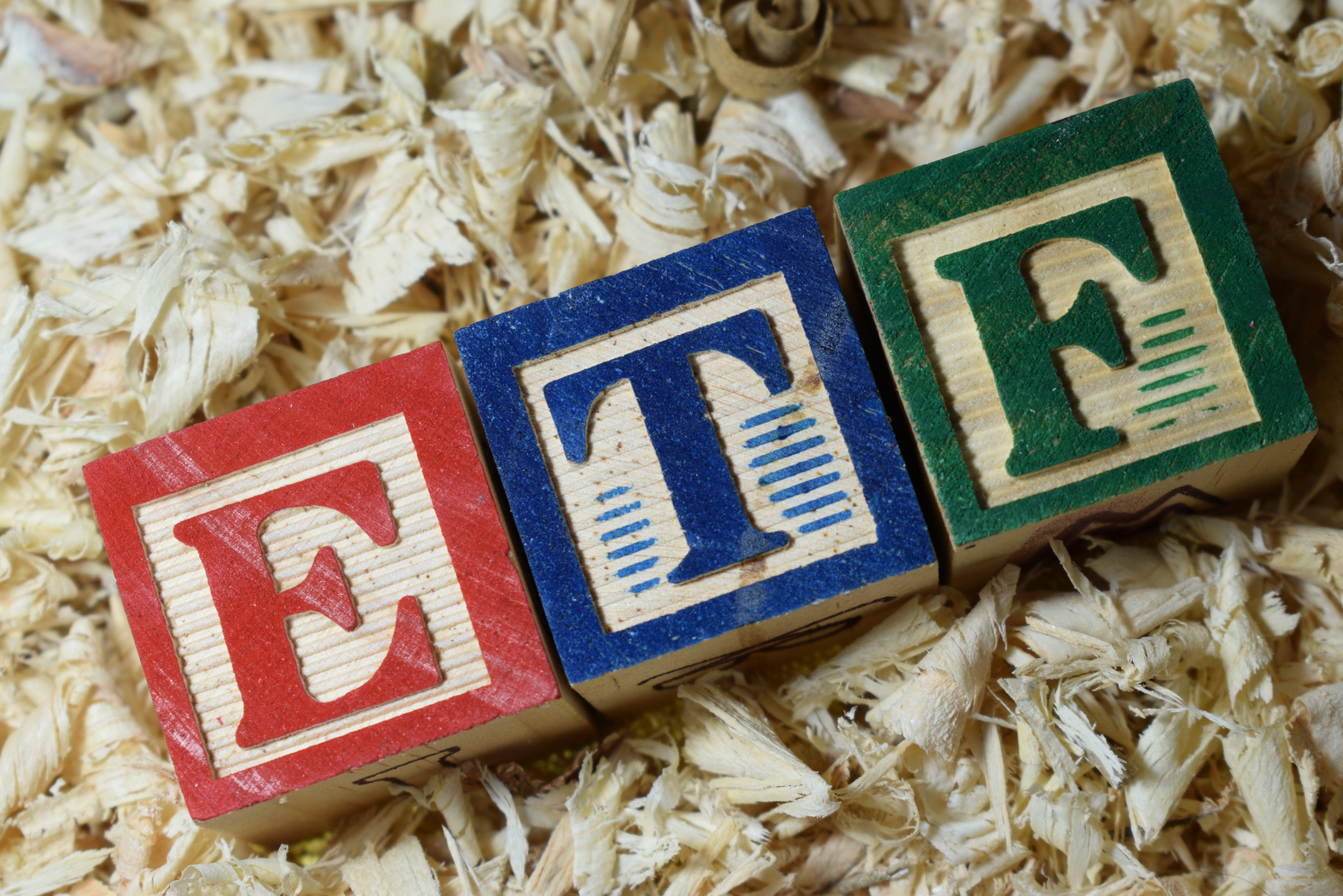You might not think hedge fund managers would invest much in exchange-traded funds (ETFs). However, a quick survey of top hedge fund portfolios will reveal several that prominently feature ETFs.
One billionaire hedge fund CEO, Israel “Izzy” Englander, loaded up on an ETF that Warren Buffett also owns in the third quarter of 2024. Which ETF do both billionaires own — and should you buy it, too?

Image source: Getty Images.
An ETF both billionaires like
Englander’s Millennium Management hedge fund includes five ETFs in its top 50 holdings. Buffett’s Berkshire Hathaway owns two ETFs. Buffett wouldn’t touch some of Englander’s ETFs with a 10-foot pole, notably including the iShares Bitcoin ETF Trust ETF and the Fidelity Wise Origin Bitcoin Fund. The legendary investor once called Bitcoin “rat poison squared.”
However, both Englander and Buffett like one ETF: the SPDR S&P 500 ETF Trust (SPY 0.18%). As its name hints, this ETF attempts to track the performance of the S&P 500 Index (^GSPC 0.24%). It owns 503 stocks of the biggest companies trading on U.S. stock exchanges (higher than 500 because some companies have multiple classes of shares). The SPDR S&P 500 ETF Trust’s top five holdings — Apple, Nvidia, Microsoft, Amazon, and Meta Platforms — make up roughly 26% of the total portfolio.
Englander bought around 2.49 million additional shares of the SPDR S&P 500 ETF Trust in Q3. This boosted his hedge fund’s position in the ETF by 81%. Perhaps surprisingly, this ETF ranks as Millennium’s largest holding.
Why did Englander buy this ETF?
As far as I know, Englander hasn’t publicly revealed why he loaded up so much on the SPDR S&P 500 ETF Trust in the latest quarter. However, it isn’t hard to guess why the ETF might have been attractive to him.
For one thing, the ETF offers a pretty good level of diversification. The 503 stocks in the SPDR S&P 500 ETF Trust’s portfolio represent 11 sectors. Englander appears to highly prioritize a diversified portfolio, considering that Millennium owns over 4,000 stocks and funds.
I suspect Englander also likes the SPDR S&P 500 ETF’s performance. The ETF has delivered an average annual gain of 10.41% since its inception in January 1993. So far in 2024, it’s up nearly 27% with an even higher total return.

SPY data by YCharts
Interestingly, though, Millennium Management’s second-largest holding is another S&P 500 index ETF — the iShares Core S&P 500 ETF. However, Englander slashed his hedge fund’s position in this ETF by roughly 20% in Q3, even though it owns the same stocks as the SPDR S&P 500 ETF Trust and offers a lower annual expense ratio. Why buy one S&P 500 ETF but sell another? I have no idea.
Should you buy the SPDR S&P 500 ETF Trust, too?
Investors who aren’t billionaires should consider following Englander’s lead, at least to an extent. Investing in S&P 500 ETFs is a smart way to make money over the long run. However, I think there’s a better Buffett ETF to buy than the SPDR S&P 500 ETF Trust. It’s the Vanguard S&P 500 ETF (VOO 0.28%).
Both ETFs attempt to track the performance of the S&P 500. Both offer significant diversification and excellent long-term track records. The main difference is cost. The Vanguard ETF’s expense ratio is only 0.03%, well below the 0.0945% expense ratio of the SPDR ETF.
Another great choice is Englander’s second-largest holding that he sold in Q3 — the iShares Core S&P 500 ETF. Like the Vanguard S&P 500 ETF, this fund’s annual expense ratio is a low 0.03%.
John Mackey, former CEO of Whole Foods Market, an Amazon subsidiary, is a member of The Motley Fool’s board of directors. Randi Zuckerberg, a former director of market development and spokeswoman for Facebook and sister to Meta Platforms CEO Mark Zuckerberg, is a member of The Motley Fool’s board of directors. Keith Speights has positions in Amazon, Apple, Berkshire Hathaway, Meta Platforms, Microsoft, and Vanguard S&P 500 ETF. The Motley Fool has positions in and recommends Amazon, Apple, Berkshire Hathaway, Bitcoin, Meta Platforms, Microsoft, Nvidia, and Vanguard S&P 500 ETF. The Motley Fool recommends the following options: long January 2026 $395 calls on Microsoft and short January 2026 $405 calls on Microsoft. The Motley Fool has a disclosure policy.

